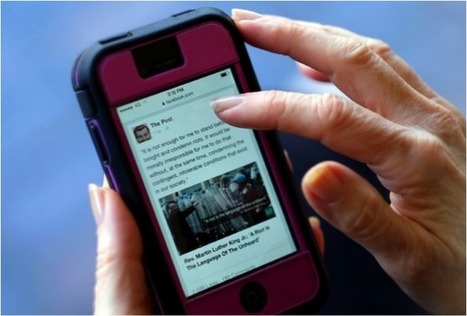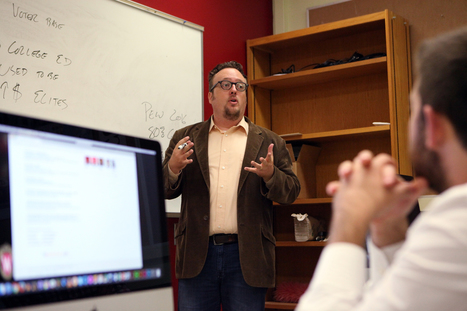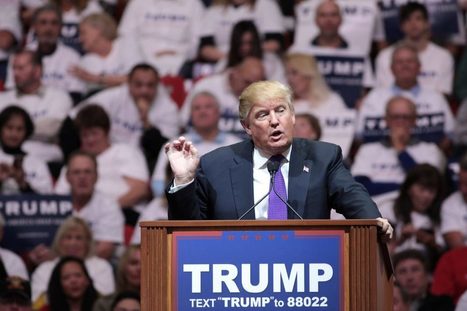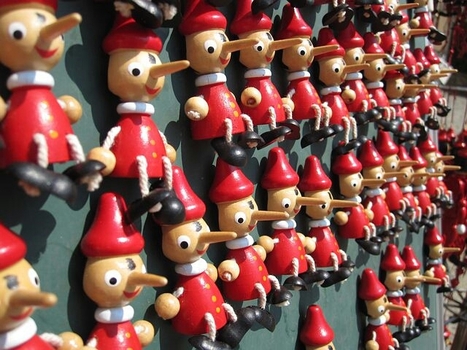When Americans encounter news on social media, how much they trust the content is determined less by who creates the news than by who shares it, according to a new experimental study from the Media Insight Project, a collaboration between the American Press Institute and The Associated Press-NORC Center for Public Affairs Research.
Whether readers trust the sharer, indeed, matters more than who produces the article —or even whether the article is produced by a real news organization or a fictional one, the study finds.
Who shares an article on social media influences whether people trust it, research shows
As social platforms such as Facebook or Twitter become major thoroughfares for news, the news organization that does the original reporting still matters. But the study demonstrates that who shares an article on a social media site like Facebook has an even bigger influence on whether people trust what they see....



 Your new post is loading...
Your new post is loading...











When it comes to fake news, who shared it is a big trust factor.